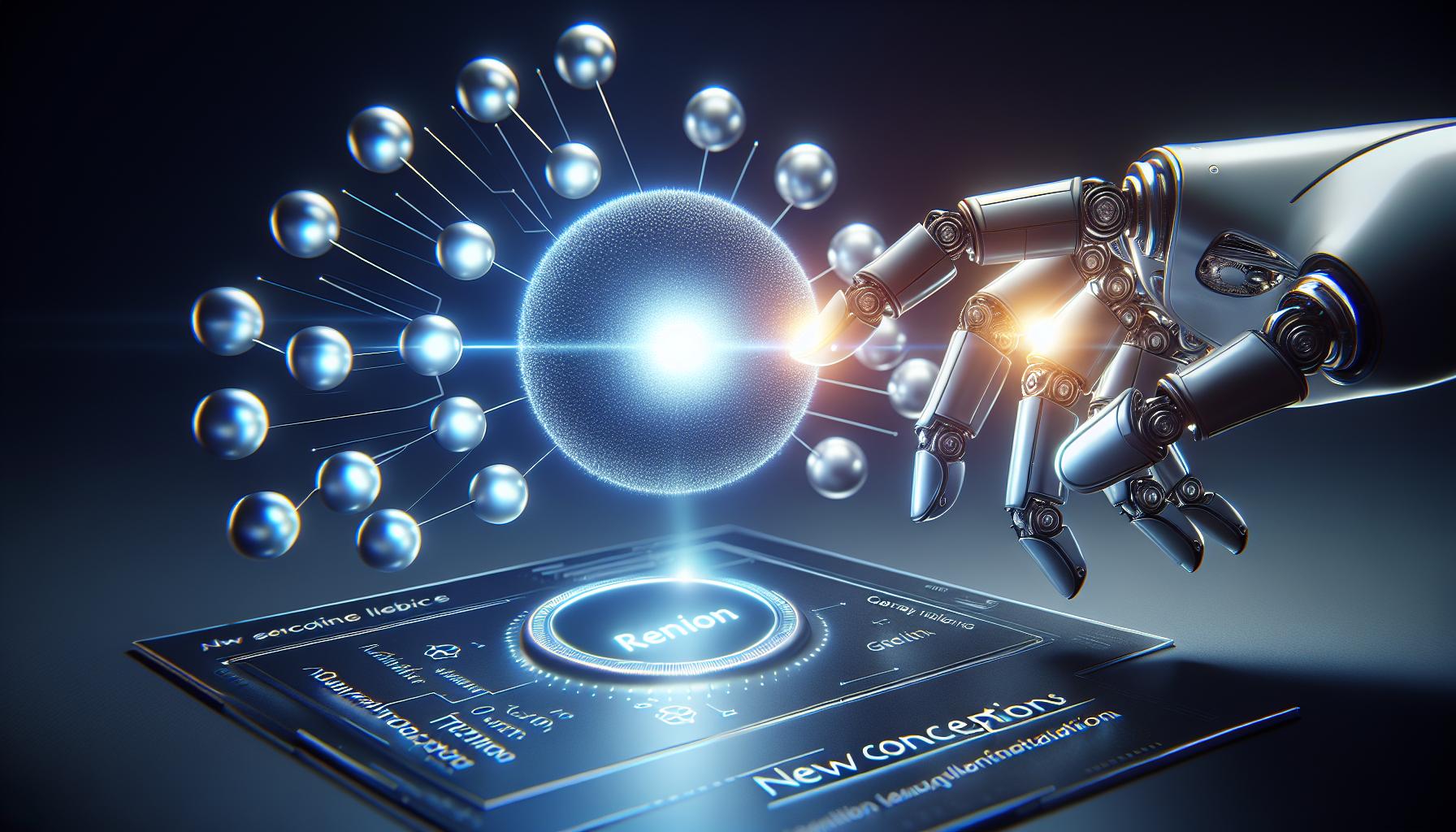Zero Shot Learning: AI's Leap Towards Memory and Reasoning

Introduction
The realm of Artificial Intelligence (AI) has been experiencing rapid advancements, propelling various fields such as image recognition, natural language processing (NLP), and decision-making. One such groundbreaking development is Zero Shot Learning (ZSL). This concept enables AI systems to identify, understand, and reason with concepts they have never encountered before. Through ZSL, AI's cognitive functions such as memory and reasoning are significantly enhanced, opening the door to more sophisticated and adaptive applications.
What is Zero Shot Learning?
Zero Shot Learning is a machine learning approach where the AI model is able to make predictions about previously unseen classes without having any labeled training data for those classes. It achieves this by extrapolating from known data and using semantic information to bridge the gap between known and unknown concepts. This means that the AI can recognize and reason about new entities or actions based on its generalization capabilities.
The Mechanism Behind ZSL
The functionality of Zero Shot Learning is deeply rooted in semantic embeddings, a technique that allows for the mapping of concepts into a continuous vector space. These embeddings are essential in helping AI understand relationships between different concepts. For instance, if an AI system has been trained on pictures of cats and dogs, it can start to predict characteristics of a completely new animal by leveraging these semantic embeddings. Additionally, ontology (the study of how entities are categorized and related) and attribute-based learning play pivotal roles in ZSL. By understanding attributes like furry, four-legged, and domesticated, an AI can generalize this information to identify and classify new animals it hasn't explicitly encountered before.
Applications of ZSL in Image Recognition
In the domain of image recognition, ZSL presents significant advantages. Traditional machine learning models require extensive labeled datasets to learn and accurately classify images. However, ZSL reduces this dependency by allowing models to recognize and categorize new image classes based on existing knowledge. This capability not only speeds up the training process but also expands the potential for recognizing a wider array of objects and scenes with minimal additional data. For example, an AI trained to recognize various dog breeds can easily generalize and classify a newly discovered breed using Zero Shot Learning techniques.
Advancements in Natural Language Processing
Natural Language Processing is another field greatly benefiting from the advent of ZSL. Traditional NLP models demand large amounts of annotated text to perform effectively. With ZSL, these models can infer meanings, sentiments, and contextual relevancies of words or phrases that were not part of their original training data. This can be extraordinarily useful for tasks such as language translation, summarization, and question-answering systems. Imagine an AI that can interpret and answer questions about topics it has never specifically been trained on - that is the promise of Zero Shot Learning in NLP.
Decision-Making and Cognitive Enhancements
Decision-making processes in AI can also be vastly improved using Zero Shot Learning. Conventional AI systems need exhaustive data sets to make informed decisions, often requiring continuous updates as new scenarios arise. With ZSL, AI systems can enhance their cognitive flexibility, making well-informed decisions even when faced with new or unexpected situations. This could be particularly impactful in dynamic environments such as autonomous driving or diverse customer service applications, where the ability to adapt and make quick decisions based on limited prior data is crucial.
ZSL Enhancing AI's Cognitive Functions
One of the most intriguing aspects of Zero Shot Learning is its potential to augment AI's cognitive functions, particularly in memory and reasoning. By generalizing from known to unknown concepts, ZSL mimics a form of memory recollection, wherein the AI recalls related information from its training data to identify or reason about new inputs. This ability closely parallels the human cognitive process, where new experiences are often understood and analyzed based on past knowledge. Enhancing this capability means creating AI systems that are not only more intelligent but also more intuitive and adaptable.
The Future of AI with ZSL
The future of AI with Zero Shot Learning looks incredibly promising. As AI continues to grow more versatile and sophisticated, the ability to handle previously unseen scenarios with ease will become a valuable asset. This adaptability is not just limited to academic research but holds practical implications across industries. From healthcare, where AI can diagnose new illnesses by drawing parallels with known conditions, to finance, where predictive models can anticipate market shifts without historical precedents, the applications are vast and varied. Furthermore, the integration of ZSL is a step towards creating more generalized AI systems, reducing the need for extensive, domain-specific datasets, and accelerating the pace of innovation.
Challenges and Considerations
Despite its potential, Zero Shot Learning does come with its own set of challenges. Ensuring that AI models do not overgeneralize and misinterpret new data remains a critical issue. Additionally, the development of robust semantic embeddings and comprehensive attribute databases is necessary to improve ZSL's accuracy and reliability. Researchers and practitioners must also consider ethical aspects, such as the implications of AI making decisions in high-stakes scenarios without prior explicit training data. Addressing these challenges proactively will be key to harnessing the full potential of ZSL.
Conclusion
Zero Shot Learning represents a pivotal advancement in Artificial Intelligence, one that enhances its capabilities for memory and reasoning. By enabling AI to recognize and make sense of unseen concepts, ZSL unlocks new possibilities in image recognition, natural language processing, and decision-making. While challenges remain, the promise of more adaptive and cognitively enhanced AI systems drives continued research and development in this exciting field. As we look towards a future where AI can seamlessly integrate and interpret new information, Zero Shot Learning stands out as a critical component of this evolution.




